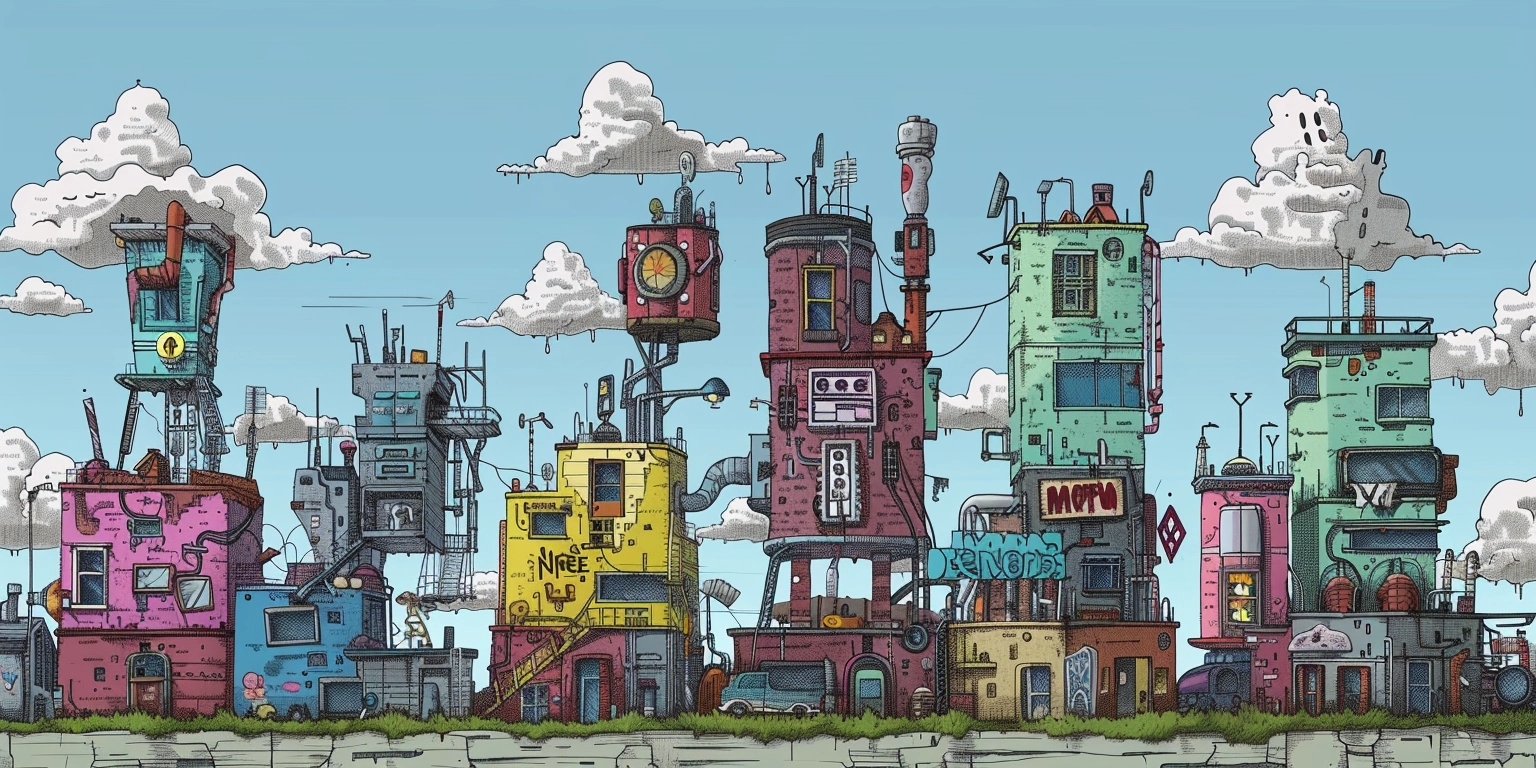The Finternet

A new paper from the Bank for International Settlements proposes the creation of a unified ledger and the tokenisation of everything. If it is successful, this could represent the most fundamental re-imagining of the banking system since the Medicis.




